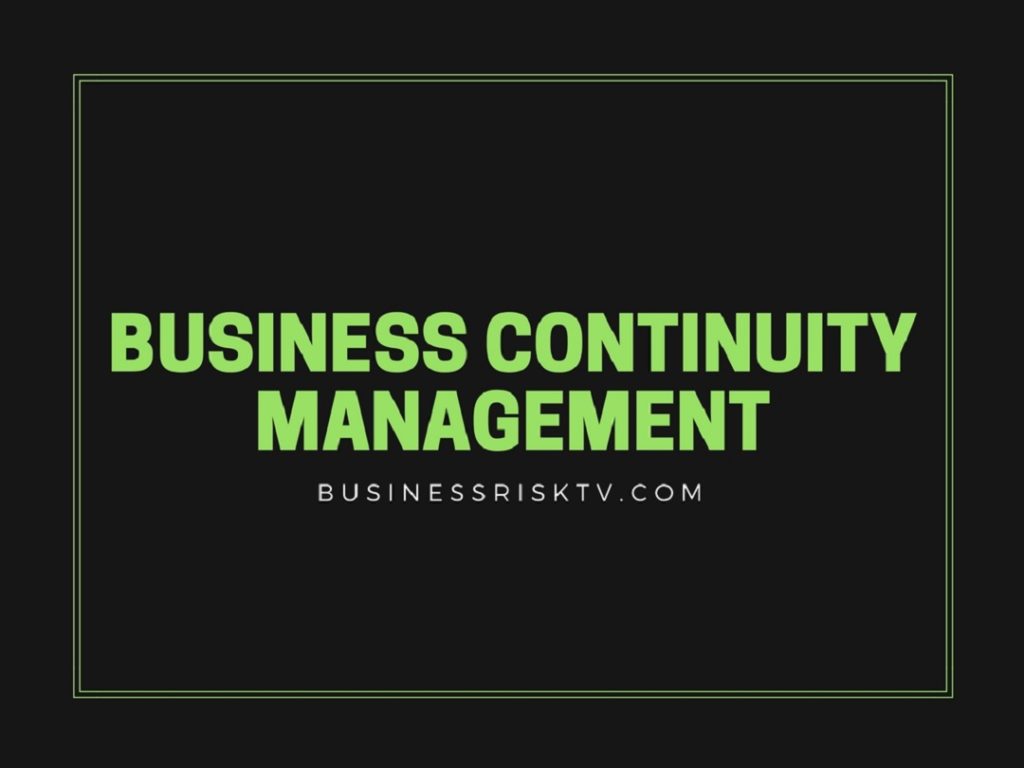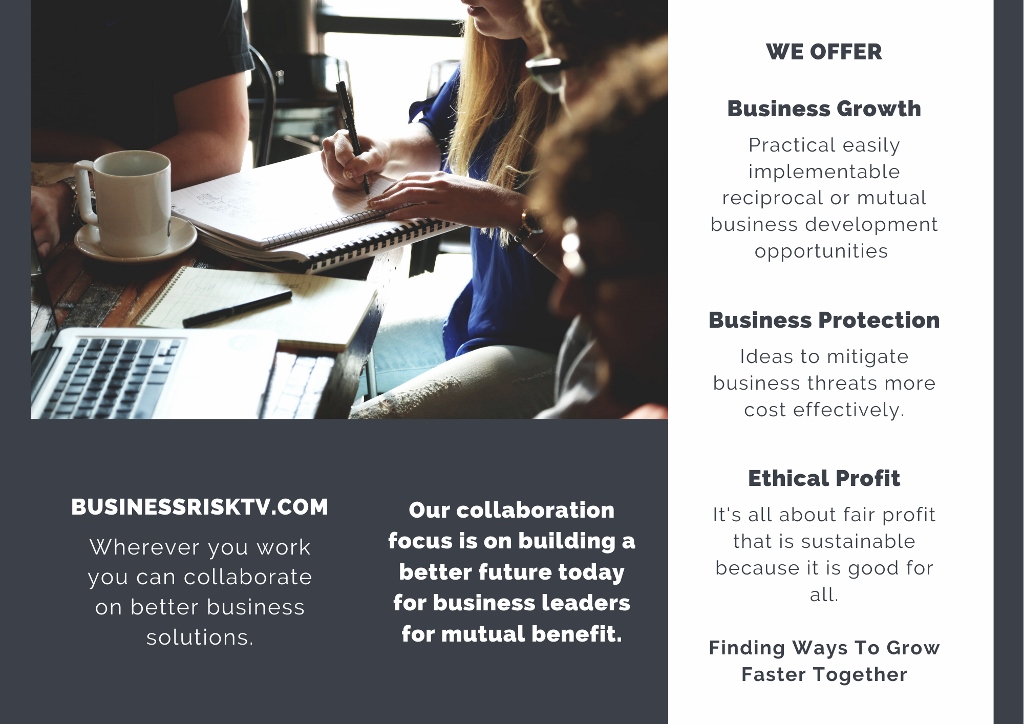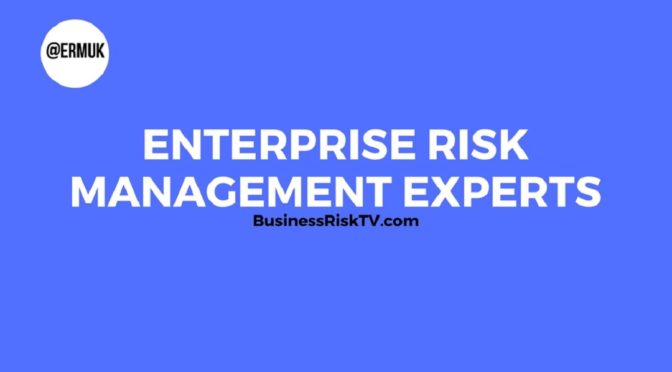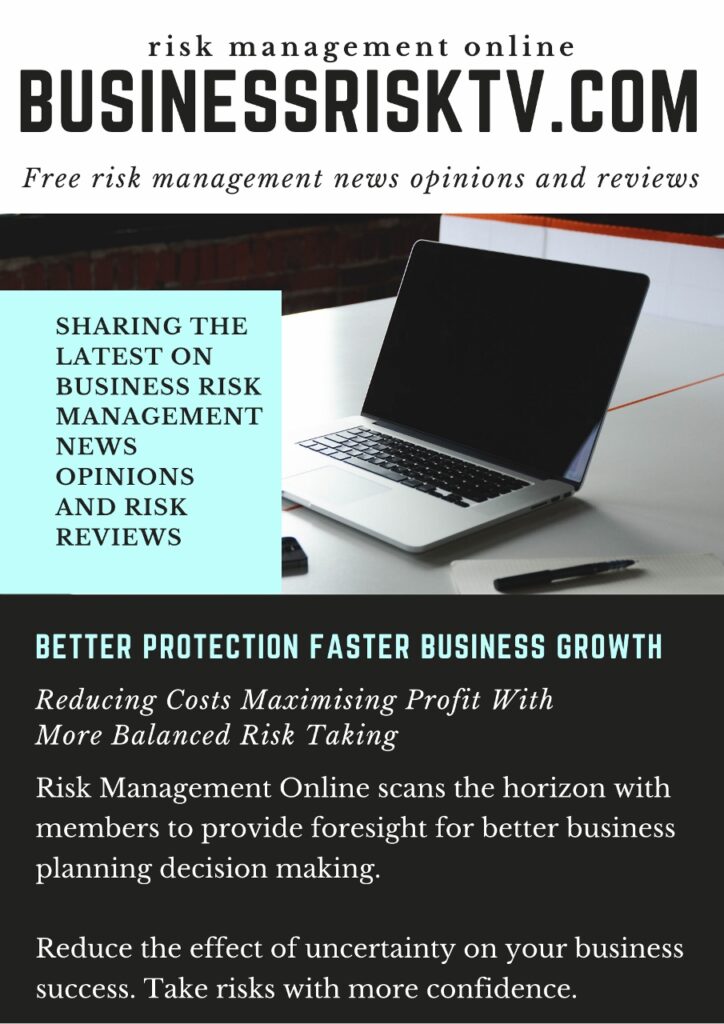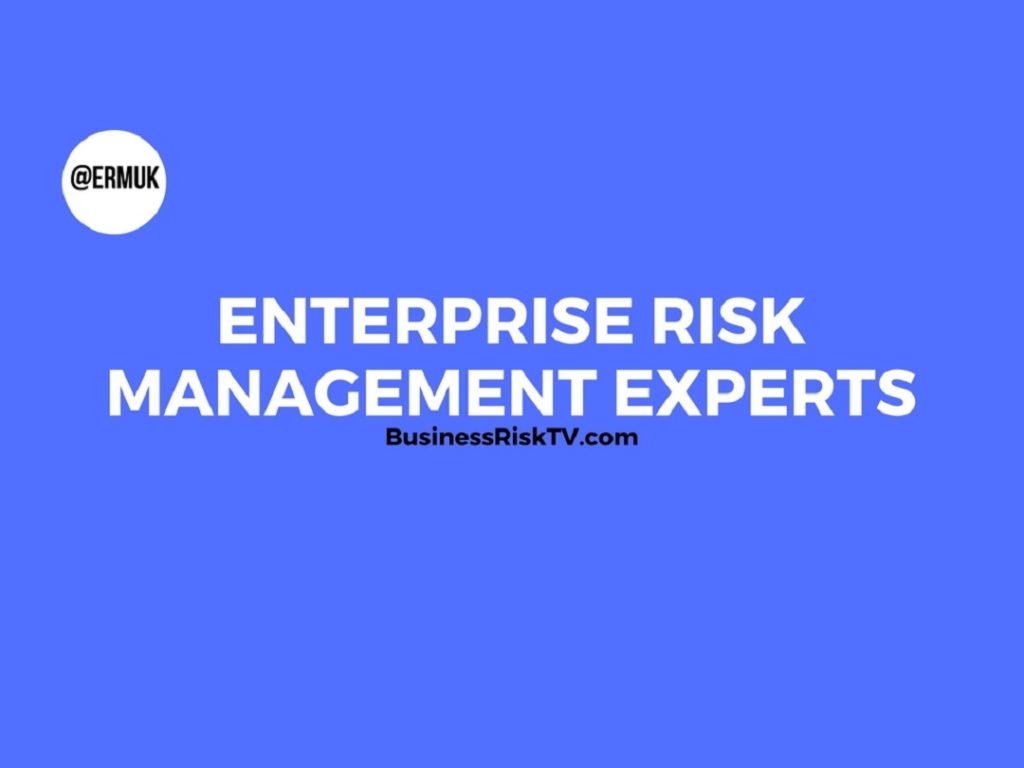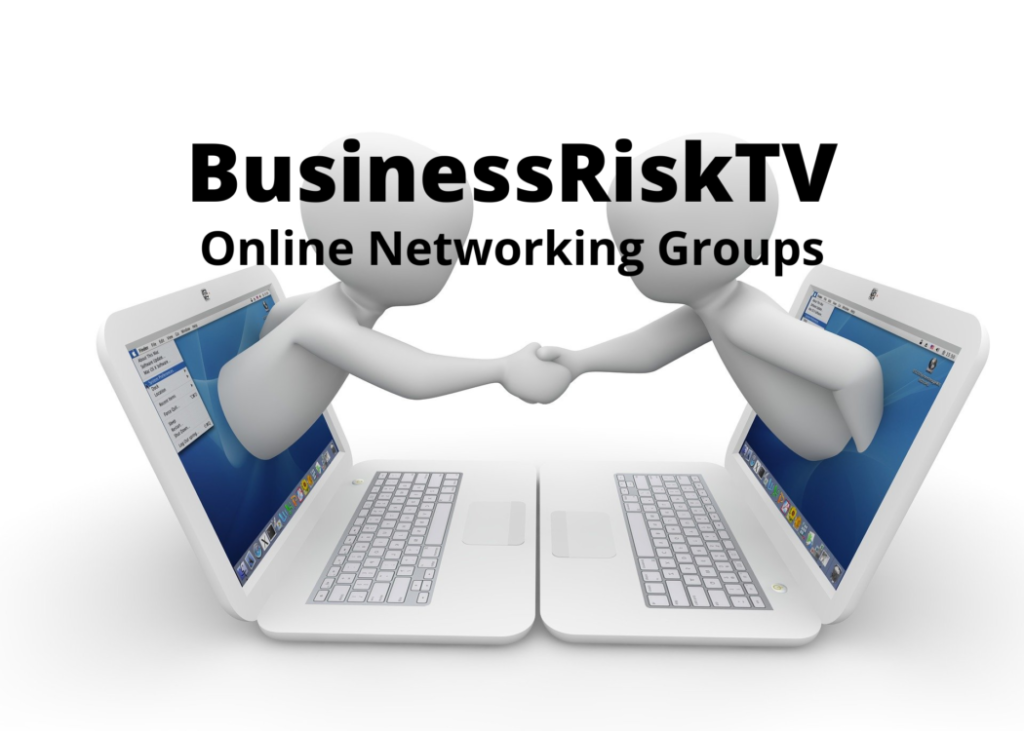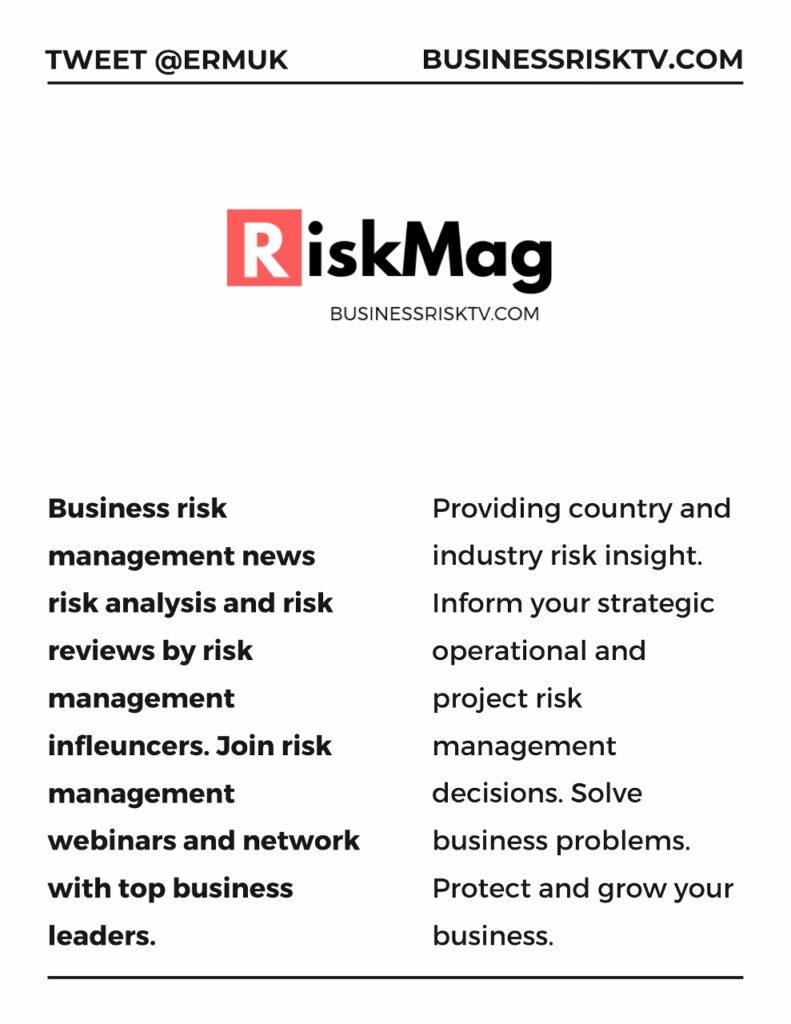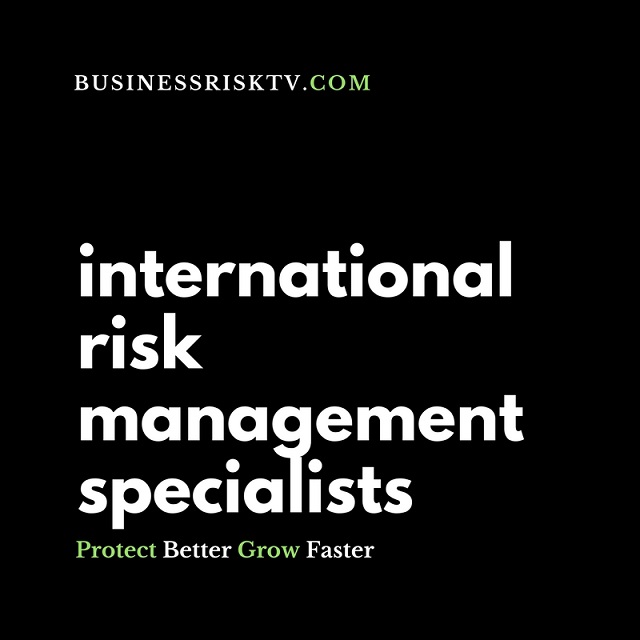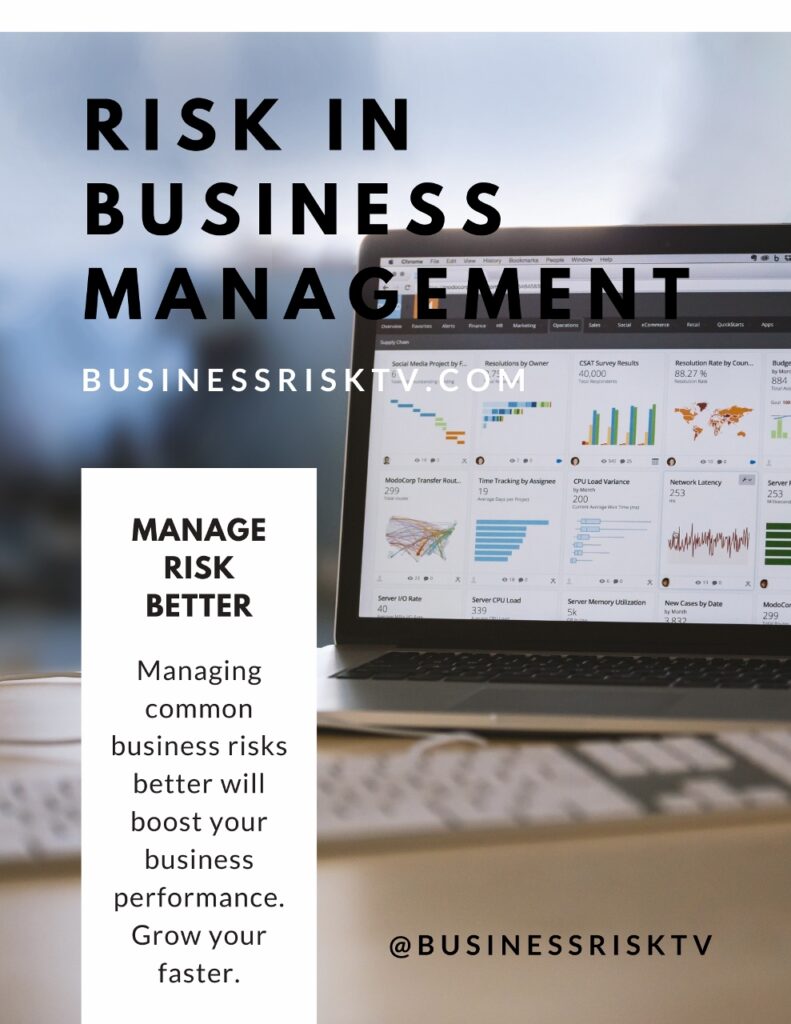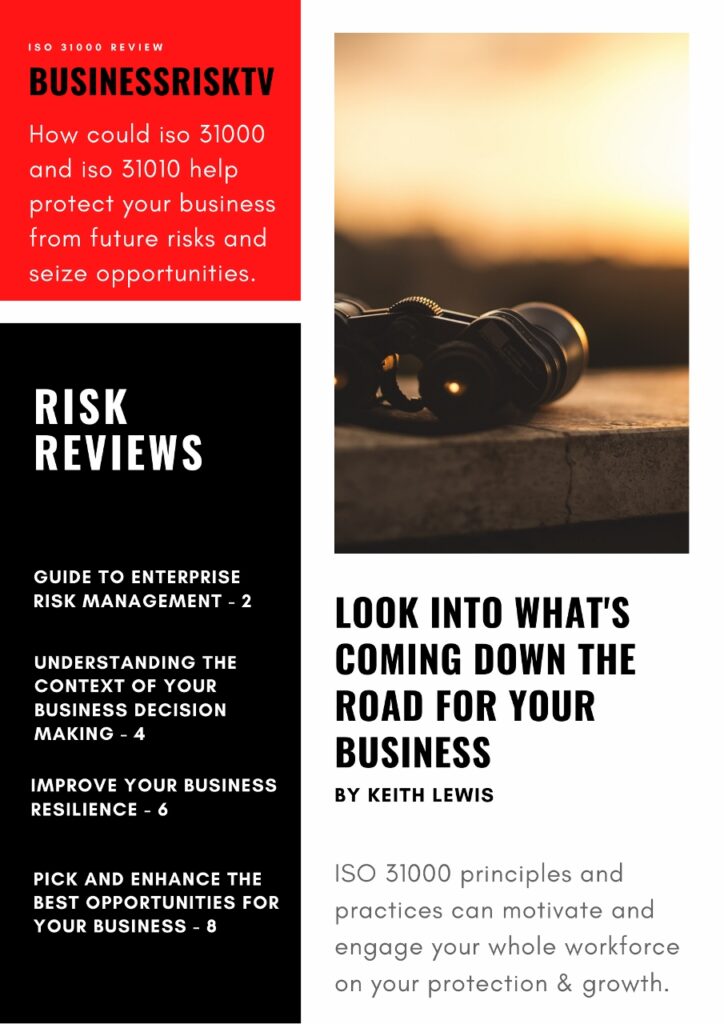Strategic Analysis: Navigating the UK’s Critical Minerals Ambition and the Midstream Processing Gap
A Risk Outlook for UK Business Leaders
Executive Summary: Acknowledged Ambition, Operational Risk
The UK government has launched its new Critical Minerals Strategy, “Vision 2035,” setting a clear ambition to reduce dependency on China and bolster economic resilience . For UK business leaders, this strategy is a double-edged sword: it outlines a crucial path to securing the minerals foundational to modern industry but carries significant execution risks. The most substantial of these is the critical gap in domestic midstream processing capacity—the ability to transform raw earth materials into usable industrial-grade minerals . While the strategy acknowledges this challenge, the timeline for building such complex infrastructure represents a major vulnerability, potentially leaving UK industries exposed to supply chain disruptions for years to come.
The Core Vulnerability: The UK’s Midstream Processing Deficit
The Strategic Bottleneck
The government’s plan aims to source at least 10% of the UK’s annual demand for critical minerals from domestic production by 2035 . However, possessing raw mineral deposits is only the first link in a long chain. The most critical and value-additive step is midstream processing—the complex, capital-intensive work of separating and refining mined or recycled materials into high-purity chemical forms suitable for manufacturing . The UK currently lacks large-scale industrial facilities for this essential activity for many key minerals, creating a strategic bottleneck.
The German Precedent: A Timeline Reality Check
The scale of this challenge is underscored by a European benchmark. Europe’s only lithium hydroxide refinery, located in Germany, required five years to build and an investment of £150 million . This project serves as a critical reference point, suggesting that the UK faces a multi-year journey even after projects are fully funded and permitted. Given the UK’s stated ambition to produce over 50,000 tonnes of lithium domestically by 2035 , the clock is ticking to bridge this processing gap.
Risk Breakdown: Strategic, Operational, and Geopolitical Exposures
Strategic and Geopolitical Risks
- Persistent Supply Chain Fragility: The strategy aims to ensure that no more than 60% of any single critical mineral is sourced from one country by 2035 . However, without robust domestic midstream capacity, the UK may merely shift its dependency from Chinese processors to intermediary nations with their own political and trade risks, failing to achieve true supply chain sovereignty.
- Economic Coercion Vulnerability: China has previously demonstrated a willingness to restrict mineral exports for political leverage . A reliance on externally processed materials leaves UK defence, automotive, and clean tech sectors exposed to potential future trade disruptions.
Operational and Financial Risks
- Project Execution Timelines: As the German example shows, building processing plants is a multi-year endeavour. The UK’s goal for 2035 is ambitious, and any delays in planning, permitting, or construction will directly impact the availability of materials for UK manufacturers.
- Capital Intensity and Funding Gaps: The government has launched a £50 million fund to boost critical minerals projects . While a positive step, this amount is modest compared to the scale of required investment. For context, the German refinery alone cost three times this amount. The UK is the only G7 country without a dedicated critical minerals fund, potentially putting it at a competitive disadvantage in the global race for resources .
Market and Competitive Risks
- Competition for Global Resources: The UK is not alone in this pursuit. The US and EU are aggressively onshoring supply chains through policies like the EU’s Critical Raw Materials Act . This intense global competition will strain the availability of international engineering expertise, construction capacity, and investment capital, potentially driving up costs and further delaying UK projects.
The Government’s Mitigation Strategy: A Business Leader’s Assessment
The “Vision 2035” strategy outlines several levers to de-risk the initiative, which business leaders should monitor closely.
- Financial Leverage: Beyond the £50 million fund, the government will leverage the National Wealth Fund and UK Export Finance . The NWF has already committed £31 million to Cornish Lithium, signaling a focus on domestic extraction .
- Regulatory and Skills Support: The strategy promises to streamline permitting for innovative projects and work with Skills England to develop the necessary specialised workforce . The speed and effectiveness of these supports will be a critical success factor.
- International Partnerships: The UK is actively pursuing bilateral agreements with resource-rich countries like Canada, Australia, and Saudi Arabia to diversify supply sources . The effectiveness of these diplomatic channels in securing reliable offtake agreements will be crucial.
Strategic Recommendations for UK Business Leaders
To navigate this period of strategic transition, business leaders should adopt a proactive and risk-aware approach.
#1: Conduct a Granular Supply Chain Audit
Go beyond tier-one suppliers. Map your entire critical mineral footprint to identify specific dependencies on single-source or geopolitically concentrated materials. This will allow you to quantify your specific exposure to the midstream processing gap.
#2: Develop a Multi-Tiered Sourcing Strategy
Do not assume domestic supply will be available at scale this decade. Diversify your supplier base now by building relationships with partners in allied jurisdictions like Canada and Australia, which are also scaling up their capacities.
#3: Engage with Public-Private Partnerships
Actively explore opportunities presented by government mechanisms. Engage with the proposed demand aggregation platform to help shape the government’s understanding of industrial needs and position your company to benefit from targeted support and de-risking initiatives .
#4: Invest in the Circular Economy
The strategy targets meeting 20% of demand through recycling by 2035 . The UK has emerging strengths in this area, such as Hypromag Ltd’s facility that recycles end-of-life products into new rare earth magnets. Investing in or partnering with recycling technology firms can provide a more resilient, shorter-term source of processed materials.
Conclusion: A High-Stakes Strategic Imperative
The UK’s Critical Minerals Strategy is a necessary and ambitious response to a clear economic and national security threat. For business leaders, the overarching risk is not the strategy’s intent, but its execution speed and scale. The midstream processing gap is the central vulnerability, with a realistic build-out timeline likely extending through the end of this decade. Success hinges on the government’s ability to mobilise capital at a competitive scale, accelerate permitting beyond German efficiency, and foster a compelling environment for private investment. Business leaders must advocate for this urgency while simultaneously building resilient, multi-sourced supply chains to protect their operations during this critical transitionary period.
#UKCriticalMinerals #SupplyChainResilience #UKManufacturing
Get help to protect and grow your business faster with less uncertainty with BusinessRiskTV
Find out more about growing your business faster with BusinessRiskTV
Subscribe for free business risk management ideas risk reviews and cost reduction ideas
Connect with us for free business risk management tips
Read more business risk management articles and view videos for free
Connect with us for free alerts to new business risk management articles and view videos
UK Critical Minerals Strategy: A Business Leader’s Guide to the Multi-Billion Pound Processing Gap






